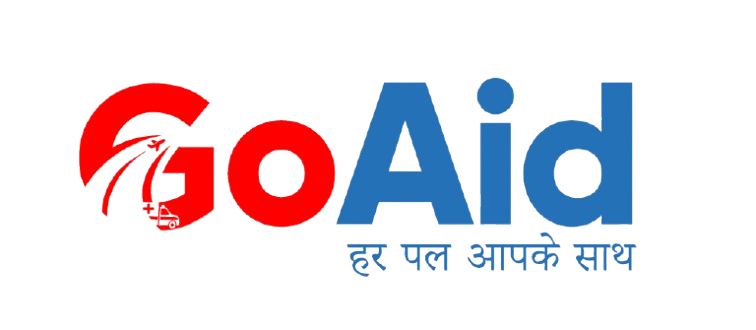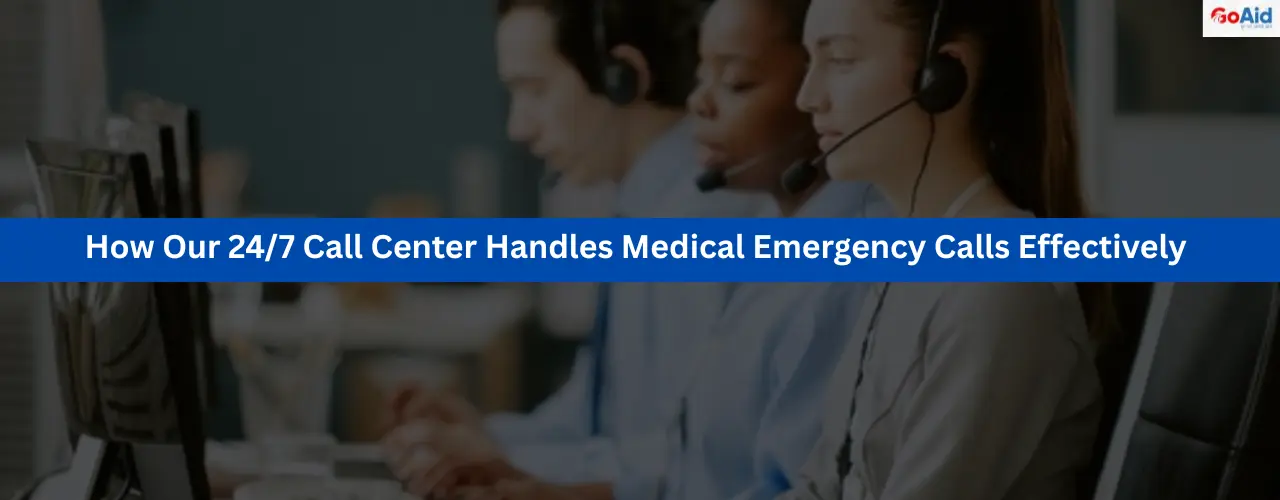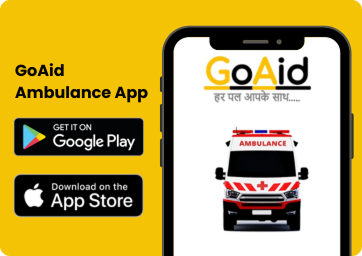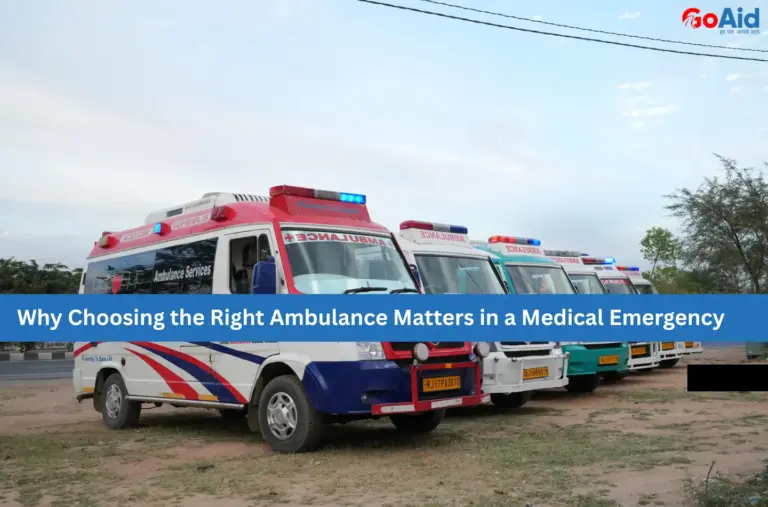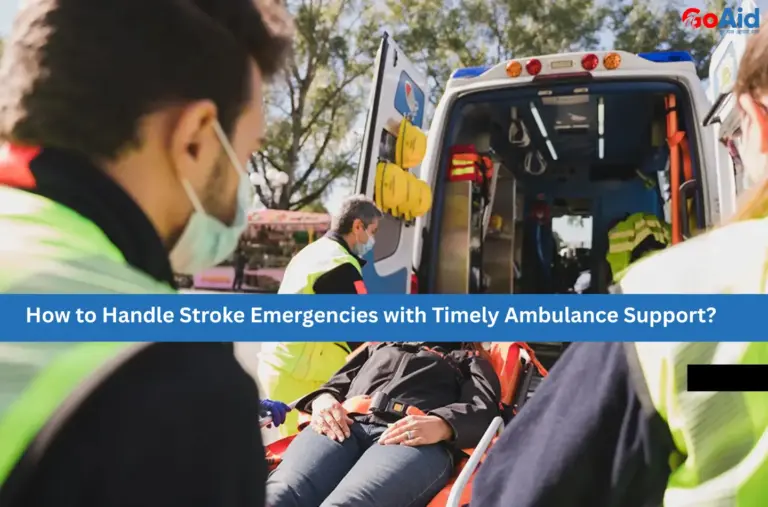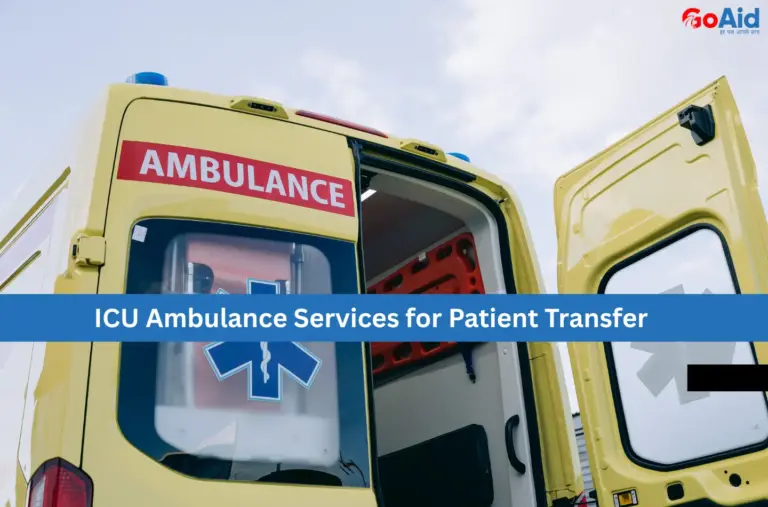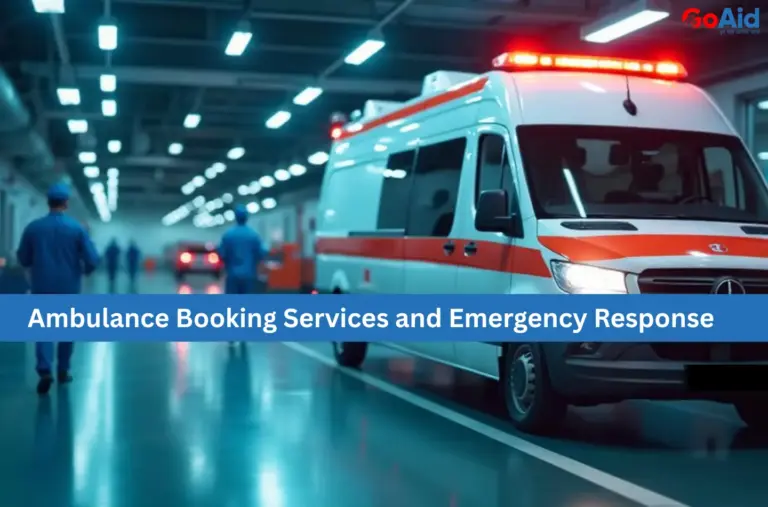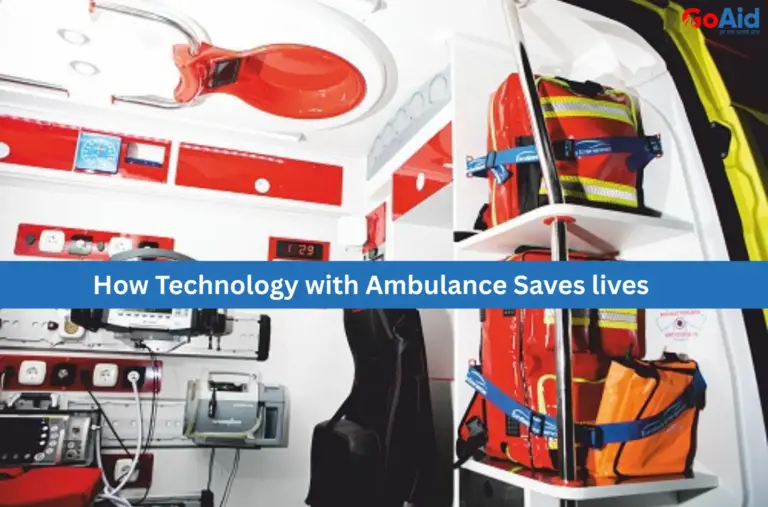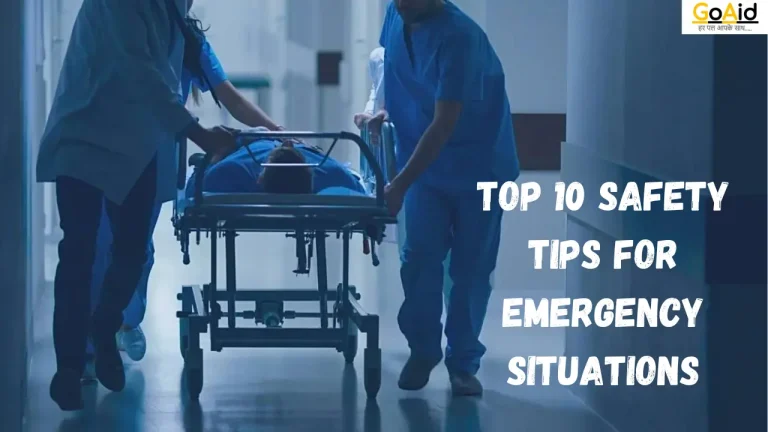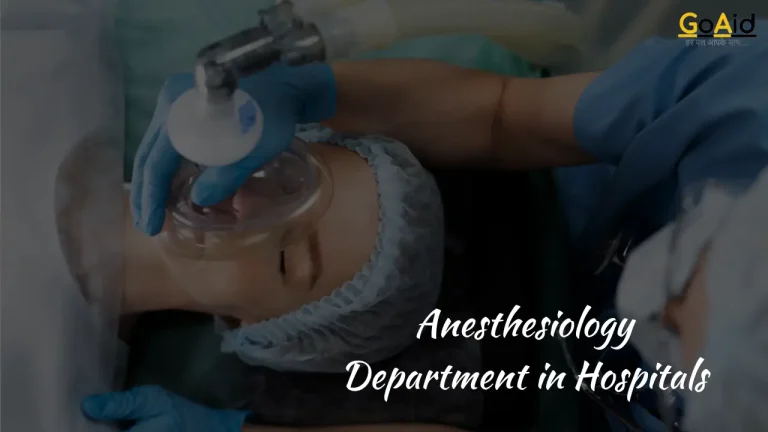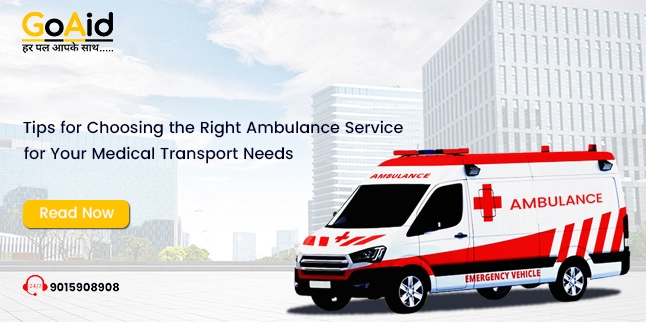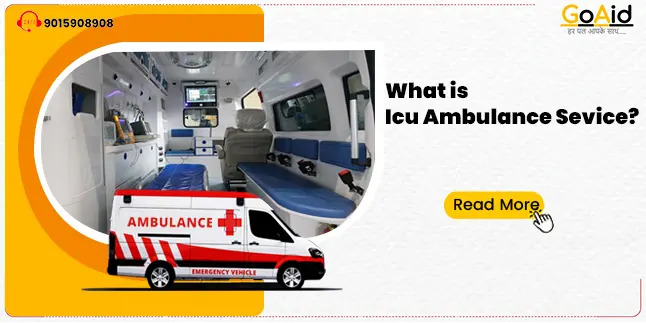In life-threatening situations, every second counts. GoAid Ambulance Service’s 24/7 medical emergency call center ensures that help reaches patients swiftly. From ambulance booking to dispatch, the entire process is streamlined, reliable, and driven by quick medical emergency response.
Why Is the Medical Emergency Call Center Crucial?
A medical emergency call center acts as the first point of contact in a crisis. It connects patients to timely help, guiding them through ambulance booking or immediate care instructions. Without it, even the fastest ambulance services may be delayed due to communication gaps.
Our ambulance call center operates 24/7, using trained personnel and advanced technology to reduce panic and ensure a rapid response. By managing emergency helpline numbers and coordinating with local ambulance units, the team helps save lives through efficient communication and emergency response methods.
How Our Medical Emergency Calling Team Stays Ready Around the Clock
Our calling team is the backbone of GoAidŌĆÖs emergency system. Here’s how they remain alert, responsive, and effective 24/7:
1. Trained Medical Emergency Call Handlers
Each team member is trained in handling medical emergency calls calmly and professionally. They know what information to extract quickly, ensuring ambulance dispatch without delay.
2. Real-Time Coordination with Ambulance Units
The call center coordinates in real-time with GoAid ambulance services, ensuring the nearest available ambulance is dispatched based on the callerŌĆÖs location.
3. 24/7 Monitoring and Response
Our 24/7 call center monitors incoming calls day and night. Whether it’s a road accident or a heart attack, help is always just a call away.
4. Advanced Ambulance Booking System
We use tech-driven solutions for faster and error-free ambulance booking. Call handlers log details into the system, triggering instant dispatch based on urgency.
5. Crisis Communication Trained Staff
Our medical emergency calling team is trained in stress management, helping panicked callers stay calm and cooperative during critical moments.
6. Integrated Emergency Helpline Number Access
With a single emergency helpline number, patients can access GoAidŌĆÖs ambulance service, which is connected to our call centerŌĆÖs intelligent dispatch system.
7. Language and Regional Support
Understanding language diversity in India, our ambulance call center supports multiple languages to eliminate communication barriers during a medical emergency.
First Response Matters: The Role of Medical Emergency Calls in Saving Lives
In critical situations, the first medical emergency call can make the difference between life and death. A prompt response from a trained medical emergency call center agent can immediately activate the right resources, be it a basic ambulance or an ICU-equipped vehicle.
Our ambulance call center acts as a life-saving bridge by guiding callers, collecting vital details, and instantly triggering the ambulance booking process. Whether itŌĆÖs a heart attack, trauma, or pregnancy emergency, GoAid Ambulance Service ensures that every second is used to move help closer to the patient.
Challenges Faced During Peak Hours or Multiple Emergency Calls
In medical emergencies, our 24/7 call center faces high volumes of medical emergency calls. Here are common challenges and how our team handles them:
1. Call Congestion and Queues
Multiple simultaneous calls can overload the emergency helpline number, leading to a waiting time. We mitigate this using multi-line support systems and trained backup agents.
2. Limited Ambulance Availability
Sometimes, demand exceeds supply. Our system identifies the nearest GoAid ambulance service to ensure no case is left unattended.
3. Caller Panic and Miscommunication
Highly distressed callers may struggle to share vital information. Our medical emergency calling team is trained to calm them and extract crucial details swiftly.
4. Network Issues and Dropped Calls
In some areas, poor connectivity disrupts the ambulance booking process. We call back dropped calls instantly and use SMS for location sharing.
5. Multiple High-Severity Cases at Once
During accidents or natural disasters, prioritizing life-threatening calls becomes essential. Our smart triage protocol helps rank cases effectively.
6. Unclear Caller Location
Not all callers can give accurate locations. Our ambulance call center uses GPS-assisted tech for rapid address detection.
7. Language Barriers
Emergency callers may not speak the same language as agents. ThatŌĆÖs why our medical emergency call center includes multilingual support to avoid any delay in dispatch.
How We Prioritize Calls Based on Emergency Severity
When every call is urgent, proper triage becomes vital. HereŌĆÖs how our medical emergency calling team prioritizes help based on the situation’s severity:
1. Vital Symptom Assessment
Our callers are trained to assess symptoms like chest pain, unconsciousness, or severe bleeding to decide the urgency of dispatching a GoAid ambulance.
2. Severity-Based Ambulance Type Dispatch
Depending on the emergency, we deploy appropriate units, BLS, ALS, or ICU. Critical patients receive the highest priority in ambulance booking.
3. Time-Sensitive Condition Alert
Time-bound conditions like strokes or pregnancy complications are flagged and fast-tracked by the ambulance call center.
4. Real-Time Data Sharing with Ambulance Crew
The medical team is briefed in real-time so that on-ground paramedics arrive prepared, which maximizes the impact of our medical emergency response.
5. Caller Type & Source Identification
Calls from hospitals, police, or high-risk zones are given precedence based on urgency, history, or mass emergency protocols.
6. Immediate Callback for Dropped Critical Calls
If a high-severity call drops, our system triggers an instant callback to resume the emergency helpline number response.
7. In-App & Call-Based Emergency Filters
Our system filters ambulance booking requests based on input urgency level, ensuring faster attention to life-threatening cases.
Future of Emergency Call Handling During Emergencies
As emergency medical needs continue to grow, the future of medical emergency call centers lies in intelligent automation and real-time data sharing. Advanced AI systems integrated with ambulance call centers will instantly assess the callerŌĆÖs condition using voice recognition, enabling quicker triage and smarter dispatch. This ensures a faster medical emergency response during critical situations.
Additionally, the 24/7 call center operations will evolve with GPS-integrated dashboards, multi-language support, and cloud-based CRM tools. These upgrades will streamline the ambulance booking process, connect hospitals instantly, and reduce response time significantly. GoAid Ambulance Service is already investing in such innovations to redefine how India responds to emergencies and ensure better handling of medical emergency calls in the future.
Conclusion to How Our 24/7 Call Center Handles Medical Emergency Calls Effectively
GoAid Ambulance ServiceŌĆÖs 24/7 call center plays a vital role in saving lives through fast, reliable, and well-coordinated medical emergency responses. From trained agents to a seamless ambulance booking method, every call is handled with care, urgency, and expertise. Our team ensures every medical emergency call gets the right help, right on time.
FAQs related to how the 24/7 Call Center Handles Medical Emergency Calls Effectively
Question 1: What is a medical emergency call center?
Answer: A medical emergency call center is a 24/7 service that receives emergency calls and coordinates immediate medical assistance, ambulance dispatch, and hospital communication.
Question 2: How does GoAidŌĆÖs 24/7 call center respond to emergency calls?
Answer: GoAidŌĆÖs 24/7 call center instantly verifies the emergency, gathers details, and initiates a quick ambulance dispatch to ensure fast medical emergency response.
Question 3: What is the ambulance booking method through the call center?
Answer: Callers simply dial the emergency helpline number, provide basic details, and the call center books and dispatches the nearest available ambulance.
Question 4: Is the emergency helpline number available at night?
Answer: Yes, GoAidŌĆÖs emergency helpline number is operational 24/7, ensuring support even during late-night emergencies and critical medical situations.
Question 5: What training does the medical emergency calling team receive?
Answer: The medical emergency calling team is trained in emergency protocols, stress handling, communication skills, and triage methods for effective medical response.
Question 6: How does the call center prioritize emergency calls?
Answer: Emergency calls are prioritized based on the severity of the condition, the callerŌĆÖs location, and the type of medical need, ensuring critical cases are handled first.
Question 7: Can I book an ambulance for others via the call center?
Answer: Yes, anyone can call the ambulance call center on behalf of a patient by providing accurate details and the location of the medical emergency.
Question-8: How does GoAid handle multiple emergency calls during peak hours?
Answer: With trained staff, intelligent routing systems, and multiple lines, GoAidŌĆÖs call center manages several calls efficiently even during high-demand situations.
Question-9: What technologies are used in GoAidŌĆÖs 24/7 call center?
Answer: GoAid uses GPS tracking, real-time dashboards, cloud-based software, and automated dispatch systems for efficient ambulance booking and response.
Question-10: Why is GoAid considered a reliable emergency call center in India?
Answer: GoAid is trusted for its prompt responses, skilled medical emergency calling team, and seamless ambulance booking process available around the clock.
